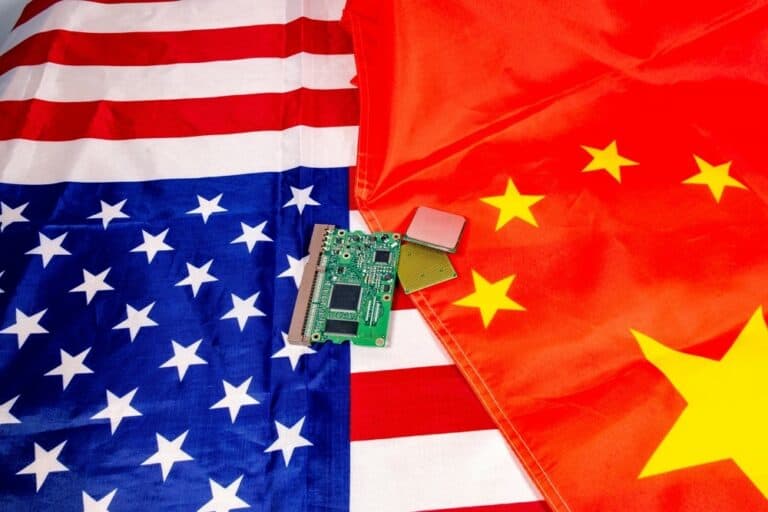ASML will probably escape new export restrictions imposed by the U.S. government on chip manufacturing technology bound for China. Some U.S. allies, including the Netherlands, are exempt from these new restrictions.
The U.S. government plans to further tighten export restrictions on chip manufacturing technology to China next month. According to Reuters, this includes chip-making equipment from several countries other than the U.S.
Under the new restrictions, even less U.S. technology will be allowed to find its way to China, especially when companies in other countries use that tech in their own products. The intention is to close certain loopholes in the prevailing restrictions. It was already illegal to directly export chip manufacturing technology and chips themselves that contain U.S. technology.
The upcoming export restrictions should further restrict Chinese chip makers’ access to advanced chip manufacturing technology. The current list of Chinese companies and organizations on the “blacklist” will be expanded to include 120 entities, including several chip manufacturing factories, manufacturers of tools needed for this purpose, EDA software suppliers and related industries.
ASML dodges this bullet
What is striking here is that these new export restrictions are unlikely to apply to a number of friendly countries. These include major players such as the Netherlands, Japan and South Korea, as well as 30 other countries. This is obviously good news for Dutch market leader ASML, which until now has often been forced to comply with various U.S. export restrictions.
Countries now facing restrictions include Israel, Singapore, Taiwan and Malaysia. According to the U.S. Department of Commerce website, the Americans determine the list of countries affected by such new restrictions based on diplomatic relations and security considerations. Otherwise, the department keeps its mouth shut and declines to comment further, including to Reuters.
The Americans feel they have a say in technology produced in the U.S., even if it ends up as “semi-finished” products made in other countries. At the same time, the U.S. does not want to hinder companies (such as ASML) and governments of the countries in which they operate too much.
Not yet final
The new export restrictions extend existing ones. They should prevent chip manufacturing technology from the West from being used for Chinese military purposes.
The announced new export restrictions are still being drafted and need to be approved by the houses of Congress. Adjustments are also still on the table.
Also read: ASML sells huge amount of chip machines to China while it still can
